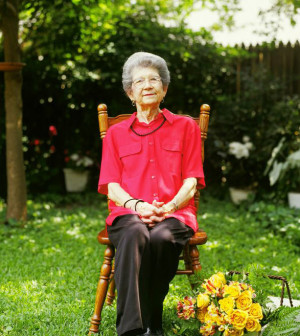- Recognizing the Signs of Hypothyroidism
- 10 Strategies to Overcome Insomnia
- Could Artificial Sweeteners Be Aging the Brain Faster?
- Techniques for Soothing Your Nervous System
- Does the Water in Your House Smell Funny? Here’s Why
- Can a Daily Dose of Apple Cider Vinegar Actually Aid Weight Loss?
- 6 Health Beverages That Can Actually Spike Your Blood Sugar
- Treatment Options for Social Anxiety Disorder
- Understanding the Connection Between Anxiety and Depression
- How Daily Prunes Can Influence Cholesterol and Inflammation
End-of-Life Talk Often Comes Too Late for Blood Cancer Patients

Many doctors wait too long to have end-of-life discussions with blood cancer patients, a new study finds.
Researchers analyzed surveys completed by 349 blood cancer specialists, and found that 56 percent said end-of-life discussions with patients happen too late.
Nearly 43 percent said they had their first end-of-life discussions with patients at less-than-ideal times, the findings showed. About 23 percent of the doctors said they waited until death was imminent before discussing hospice care. And nearly 40 percent waited until death was imminent before they asked patients where they wanted to die.
Several factors may contribute to the delay in end-of-life discussions with blood cancer patients, according to Dr. Oreofe Odejide, from the Dana-Farber Cancer Institute in Boston, and colleagues.
While solid tumors are incurable after they reach an advanced stage, many advanced blood cancers remain potentially curable. The lack of a clearly defined point when there is no remaining hope for blood cancer patients may contribute to delays in end-of-life discussions, the researchers said.
The study was published online Dec. 21 in the journal JAMA Internal Medicine.
The findings show that blood cancer specialists are aware of gaps in end-of-life care for their patients, but are uncertain how to tackle the issue, Dr. Thomas LeBlanc, from the Duke University School of Medicine in Durham, N.C., explained in an accompanying editorial.
“As a practicing [blood cancer doctor] and a palliative care physician, I believe that the field of hematology should look to specialty palliative care for the answer to this need,” he concluded.
More information
The American Society of Hematology has more about blood cancers.
Source: HealthDay
Copyright © 2026 HealthDay. All rights reserved.










